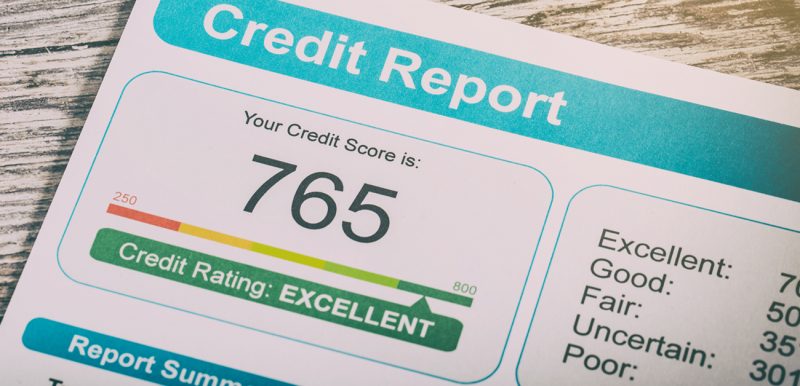Credit scores have never been higher, positioning more Americans to qualify for some of the best mortgage rates ever. Yet, nearly 10.1 million Americans remain unemployed and have skipped mortgage or debt payments. How can this be?
“It’s been bizarre with this recession to see credit scores go up,” Matt Schulz, chief credit analyst at LendingTree, told MarketWatch.
At the beginning of 2020, FICO credit scores averaged 703. By October, the average FICO credit score rose to 711, Experian FICO credit score data shows. VantageScore credit scores—which factor mortgages in more heavily—rose an average of four points above 2019 scores to 690 in 2020. (In general, a FICO score above 660 and a VantageScore above 670 is considered good, MarketWatch notes.)
Government stimulus programs and relief measures during the pandemic may be helping. Studies have shown that many consumers used the stimulus checks to pay down their debts, which could have helped to boost their credit scores. Also, forbearance and deferment programs put in place during the pandemic for mortgages, student loans, and car payments may have freed up some money to allow borrowers to pay down some of their other bills. Under COVID-19 relief measures, lenders are required to report accounts as current or “paid as agreed” for borrowers who are delaying their payments due to financial struggles from the coronavirus.
“That means that consumers’ credit scores won’t be lowered if they didn’t have any preexisting delinquencies,” MarketWatch reports. “That would make it easier for these consumers to secure a loan or mortgage in the short- and medium-term.”
But credit scores won’t remain frozen. CARES Act provisions will remain in effect for 120 days after the national coronavirus emergency is terminated by the president or Congress. As borrowers are required to start repaying any frozen debts, they may start to see their credit scores decrease if they’re unable to make those payments.
Source: “‘It’s Been Bizarre With This Recession to See Credit Scores Go Up’,” MarketWatch (Feb. 16, 2021)













